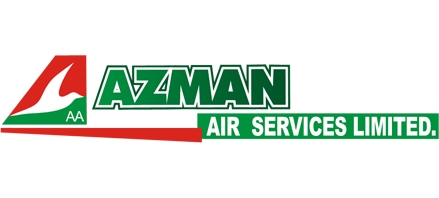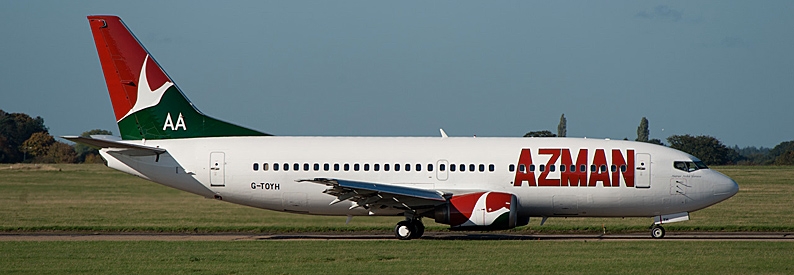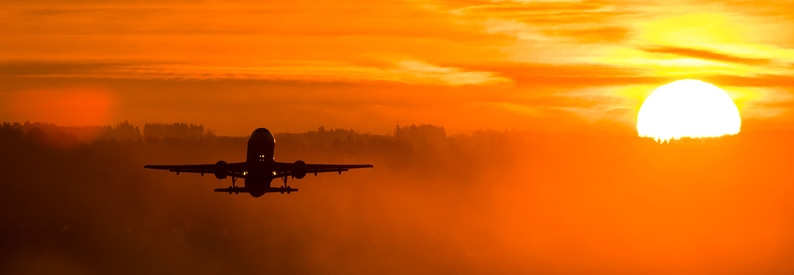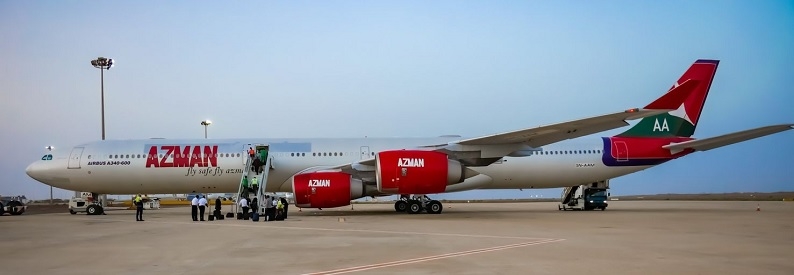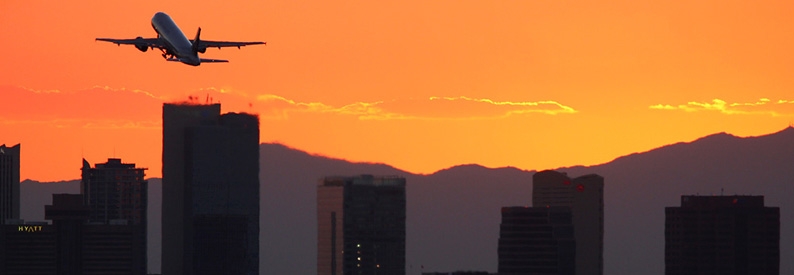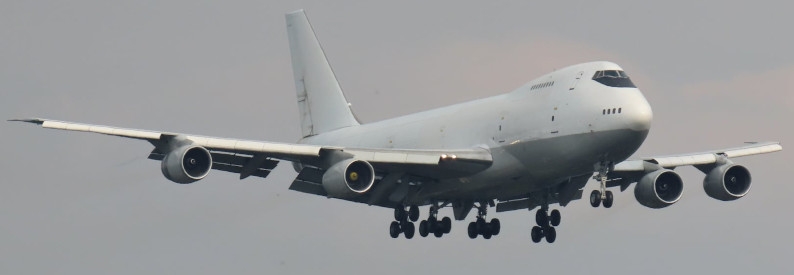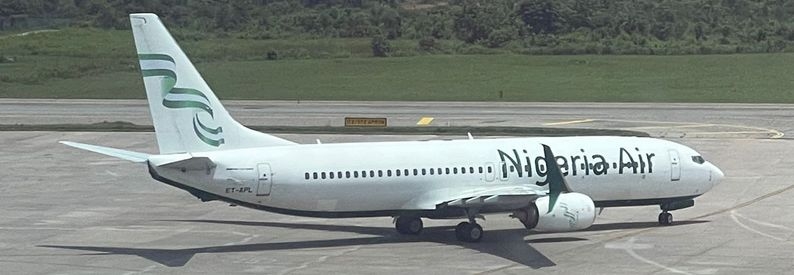Nigeria’s government on November 2, 2020, approved a NGN4 billion naira (USD10.3 million) bailout for domestic airlines to mitigate the adverse effects of the COVID-19 pandemic.
This was announced by Aviation Minister Hadi Sirika during a three-day public hearing in Abuja on the repeal and enactment of civil aviation bills aimed at enhancing the operations of the Nigerian Civil Aviation Authority (NCAA), the Nigerian Airspace Management Agency (NAMA), the Accident Investigation Bureau (AIB), the Nigerian College of Aviation Technology (NCAT), the Nigerian Meteorological Agency (NIMET), and the Federal Airports Authority of Nigeria (FAAN).
Sirika said the government had also approved an additional NGN1 billion (USD2.5 million) in funding to aviation agencies to “cushion the sorry state of most of them, which has made payment of salaries difficult for many of them". He added all funds would be released soon.
Aviation Senate Committee Chairperson, Smart Adeyemi, said the amount earmarked for airlines was insufficient and urged the federal government to budget for more.
Nevertheless, it would have been welcome news for Nigeria's beleaguered carriers, many of whom have echoed calls from IATA for aviation specific state intervention to survive the current aviation crisis caused by COVID-19. IATA earlier this year warned that Nigeria's aviation industry was facing a liquidity crisis and estimated the pandemic had put at risk 124,000 aviation-related jobs and the sector's USD900 million contribution to the country's Gross Domestic Product (GDP).
Meanwhile, Sirika also disclosed that domestic airlines have racked up about NGN19.3 billion (USD49.3 million) in non-remitted Ticket Sales Charges (TSC) and Passenger Service Charges (PSC) to the NCAA over the past 10 years.
NCAA Director-General, Musa Nuhu, said: “We are going to start taking action and implement actions to recover most of the monies. We have started action last week on airlines that owe us. The irony is that these are taxes the airlines collected from the passengers. These are not their money. They collected but refused to remit”.
Edward Boyo, Chief Executive Officer of Landover Aviation, an NCAA approved aviation training institution, responded that Nigerian airlines were subject to more than 30 different fees and called on the government to bring down charges as carriers were operating on thin margins.
Meanwhile, the Aviation Ministry announced it had again earmarked funds for the establishment of a new national carrier, to be called Nigeria Air (NWB, Lagos), within its NGN78.96 billion (USD204.9 million) 2021 budget for the implementation of an “aviation roadmap”.
Sirika told a recent hearing of the Senate Committee on Aviation: “In 2021, the sum of NGN78.96 billion is being proposed for capital expenditure at the headquarters in the Aviation Ministry and the emphasis will focus on the implementation of the Aviation Roadmap as directed by the President. The roadmap will be implemented through a public-private partnership, top-most of which will be the establishment of a national carrier.” He said all necessary agreements and arrangements with other partners had been worked out, "making 2021 the year the new national carrier would be realised".
Other projects would include the establishment of an MRO facility, agro-allied cargo infrastructure, an aviation leasing company, a search and rescue unit, and the creation of an aerospace university with the support of the International Civil Aviation Organisation (ICAO).
Nigeria last year already earmarked NGN47.43 billion naira (USD132 million) in the 2019 budget for the proposed national airline after a 2018 launch did not materialise.
The Secretary-General of the Aviation Safety Round Table Initiative (ASRTI), John Ojikutu, cautioned that government should hold a minority stake in the new envisaged national airline. “We must not fall again into the traps we found ourselves with (defunct) Nigeria Airways (Lagos), which was run more like a government airline than a national carrier.”
“Without the participation of foreign technical partners and investors, Nigeria investors and the Nigerian public, with the government having some shares but not controlling shares, the dreams of credible national carrier and airport concession may end up being just dreams or another disaster in government-owned enterprises,” he said.
Ojikutu proposed the Nigerian federal government retain 5% and state governments 10% shareholding respectively in the new airline, with 40% held by foreign technical investors, 20% by Nigerian investors, and 25% by an Initial Public Offering (IPO).
More news from Nigeria is that Azman Air (AZM, Kano) has announced plans to commence West Coast and international operations having secured its IOSA certification.
According to the ch-aviation fleets module, Azman Air currently operates a fleet of seven aircraft, including four B737-500s, two B737-200s, and one A340-600. It owns one of each type, the rest being leased from GECAS and Standard Chartered Aviation Finance. It currently flies domestically from Abuja, Kaduna, Kano, Lagos, and Maiduguri.
